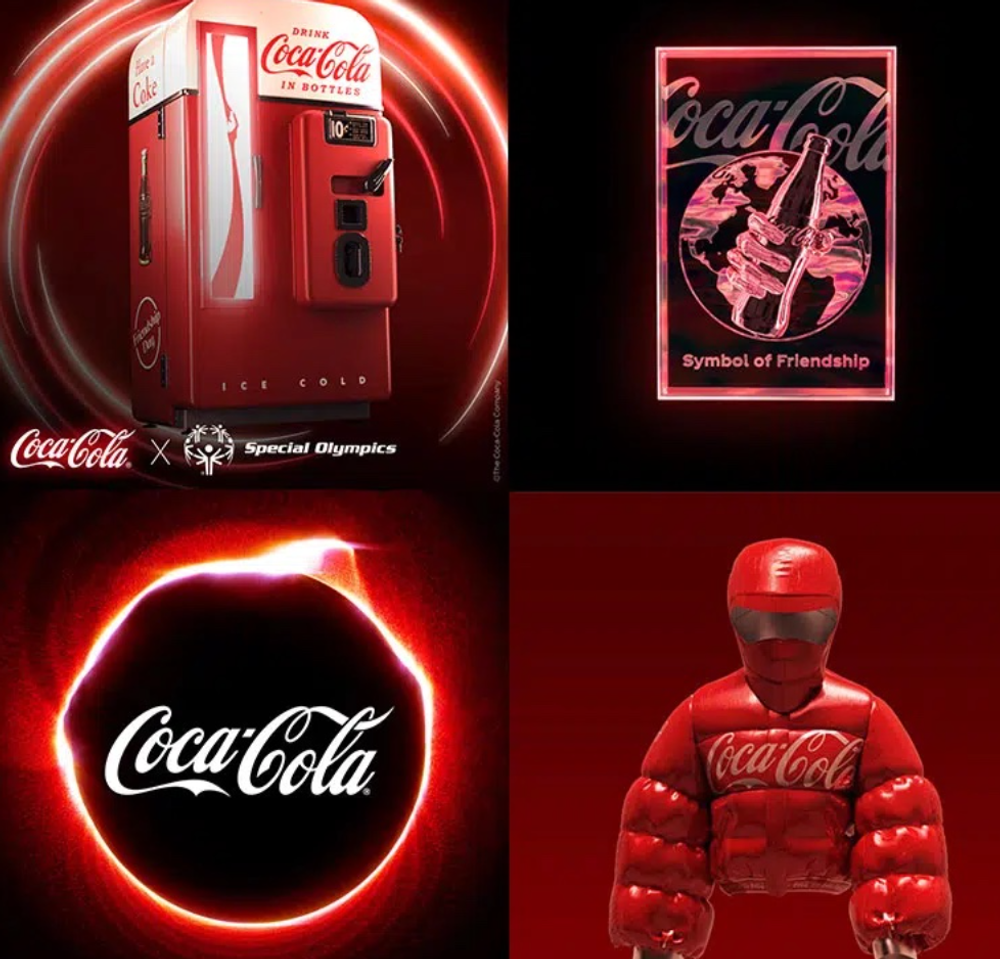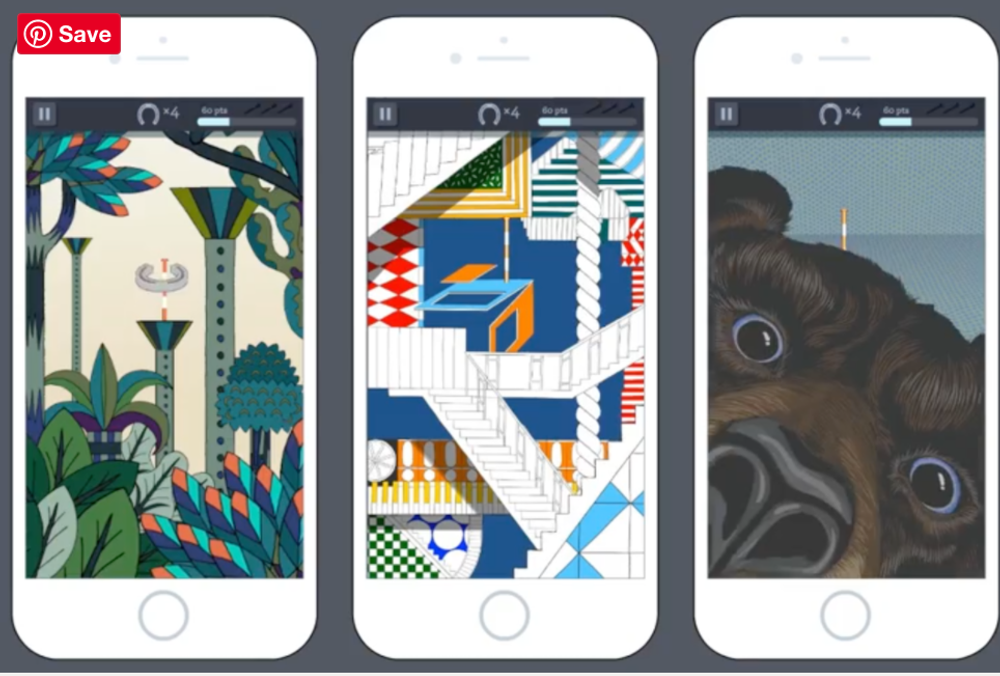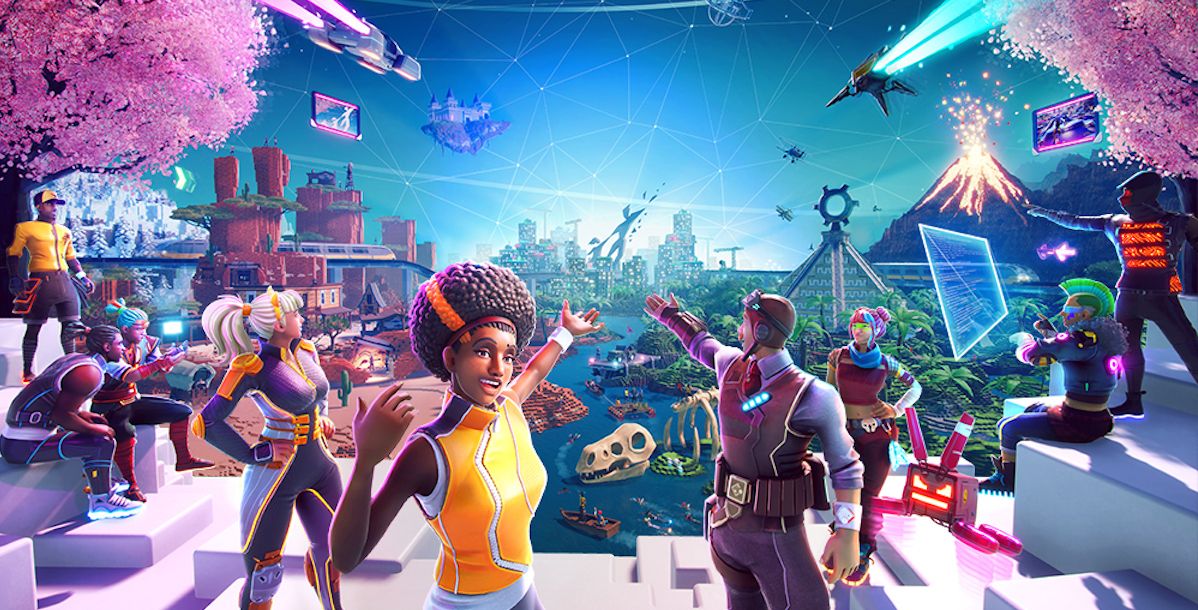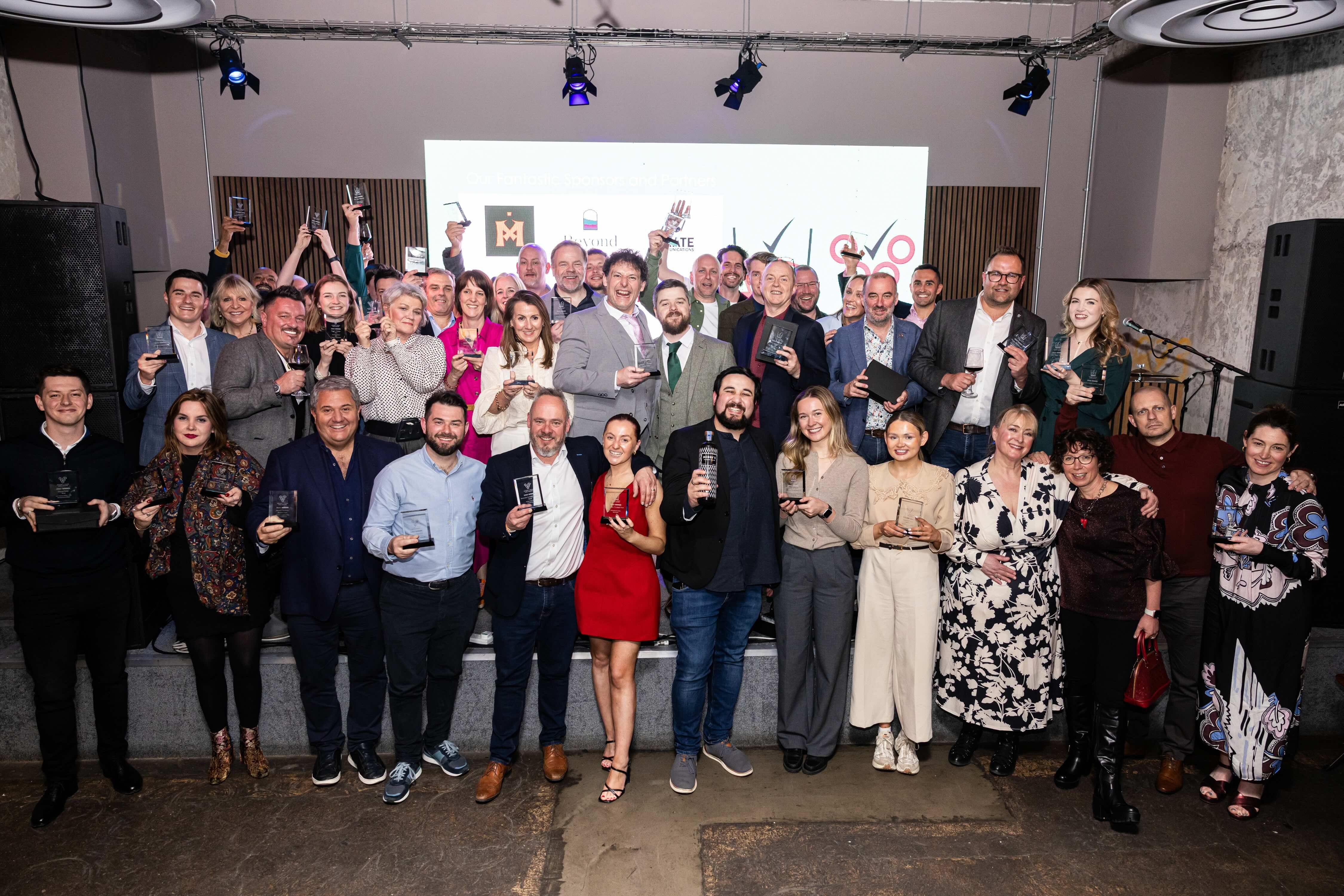All you need to know about the rise and rise of the metaverse and what impact it could have on our traditional drinks, retail and hospitality sectors.
The rise of the metaverse? Really? What’s that’s got to do with the drinks and hospitality? Well, everything – particularly if you consider the idea of making, selling and promoting drinks as being part of the wider entertainment industry. Products to enjoy with others in environments designed to make you happy. Which is what the metaverse claims to be all about.
Facebook’s decision to rebrand as Meta in October was very much about it planting its flag in the virtual world. The metaverse that has quickly become the “buzzword” we need to know about. It’s not just Spiderman that needs to concern himself with the metaverse, it’s where we will all soon be spending much of our time – and the likes of Facebook are going to help take us there.
(Here Facebook’s Mark Zuckerberg explains what the metaverse is all about)
It means how we currently talk about our products is going to be turned upside down in the same way social media has come to dominate our lives over the last 10 to 15 years.
Quite how remains to be seen, but Facebook is said to be spending $10 billion and employing over 10,000 people in Europe alone to fast track its move into an immersive digital world driven by augmented and virtual reality over the next five years.
Facebook is not alone with other tech giants including Microsoft and Apple also investing deeply in metaverse products. Microsoft’s chief executive Satya Nadella explains: “The metaverse is here, and it’s not only transforming how we see the world but how we participate in it – from the factory floor to the meeting room.” He sees the metaverse as creating a new physical world which will “embed computing in the real world and embed the real world into computing”.
Major brands are also looking to see how they can re-invent themselves in the metaverse. Nike, for example, is well on the way to creating a new market for “virtual sneakers” and has hired a director of metaverse engineering.
The metaverse also effectively has its own digital currency thanks to the rise in NFTs – non-fungible tokens bought and sold using blockchain technology that allows us to own exclusive digital items and virtual products not available in traditional retail.
Coca-Cola and Anheuser-Busch already offer their own digital NFTs. In July 2021, Coca-Cola launched an exclusive NFT collection that raised $575,000 in an online auction for charity within 72 hours. It auctioned four multi-sensory, friendship-inspired NFTs via the OpenSea marketplace on International Friendship Day. It allowed players to try and open four sealed mystery boxes. The winner then became the owner of these four NFTs and also received an actual fridge stocked with Coca-Cola bottles.

Coca-Cola’s first foray into the metaverse
The gaming opportunity
All of this is not as far fetched as it might appear. The gaming world is already offering players the chance to create their own avatars and “travel” in between games with friends on platforms such as Roblox and Fortnite. Clothing retailers are looking to sell virtual clothes for you to dress your avatar up in. Brands can buy digital advertising space and promote their goods as part of the game they are being shown in.
This is also the next generation of consumers with half of Roblox’s monthly users said to be under 13. The metaverse is already second nature to the Gen Z and Gen Alpha (those born after 2010) generations as they are using these platforms, creating avatars and living part of their lives in this digital world. Even more so during the pandemic and lockdowns and closed schools. Something that NASCAR, the US stock car racing business, has been quick to latch on to and claims its new Roblox partnership is “critical” to the brand’s long-term success in reaching new consumers.
(Here’s Microsoft’s take on the metaverse)
“Every brand and company will need a metaverse strategy,” claims Cathy Hackl, chief metaverse officer and chief executive of metaverse-focused consulting agency, Futures Intelligence Group, in a recent interview with Current, the US tech website. She has worked with beauty brand Clinique to help develop its first NFTs and give consumers access to products simply unavailable in a traditional store. She says “being part of the metaverse will become brands’ calling cards similar to how social media profiles and websites work today”.
The metaverse has also opened up new ways for the music and film industry to engage with larger audiences. The Fortnite metaverse platform has put on in-game concerts for major acts such as Ariana Grande where she appears and sings as an avatar. Bands and DJs are also queuing up to appear in popular video games and reach millions of new uses – up to 12 million at at time.
(Click and watch Ariana Grande’s Fortnite appearance below)
It means we will soon be widely talking not just about direct to consumer sales, but what your direct-to-avatar (D2A) strategy is for exclusive digital products sold only in the metaverse – or what digital consultant, Dr Mark van Rijmenam, and founder of Datafloq calls the iCommerce (immersive commerce) world.
Opportunities for wine and spirits
It potentially opens up enormous opportunities for the wine and spirits world too. Where brands can create a new digital worlds for themselves. Luxury fashion brands are showing the way like Louis Vuitton that has created its own video game that requires users to take part in a quest that tells the brand’s story through its founder sending them on “fantasy locations and digital worlds inspired by cities such as London, Beijing, Paris, Tokyo and New York” with the chance to buy exclusive NFTS as they go.

Hermès move into the metaverse with its own mobile game
Luxury brands looking to crack the Chinese market have long had to create their own digital platforms on online retail sites such as Alibaba. They are now looking to attract younger consumers through mobile games and apps like Hermès, which has recently released a mobile app called H-pitchhh, that asks players to virtually toss a horseshoe using a swipe on iPhone, not unlike throwing a Poké Ball in Pokémon Go. Each level of the game is branded in a different Hermès style.
Gucci has this year linked up with Roblox to offer immersive digital tours of virtual Gucci stores situated in different cities which also allow you to buy exclusive Gucci digital products. Some of the digital bags sold for more than the real bags cost. You can visits its Gucci garden here.
“People born in the late ’70s or early ’80s, who are starting to be in charge of marketing activities at a high level, they are by their essence different people,” says Alexis Bonhomme of digital marketing agency Curiosity China. “They were raised in the Atari-Nintendo-Sega-PlayStation era, and they’re more open than the past generation to gamification.”
If you have made your own Instagram or TikTok story then you are already on your way to the metaverse. It’s why brands will need to look at ways they can involve their target consumers in any campaigns they do that allows them to participate and and offer “co-creation opportunities” as part of the advertising experience.

Nascar racing has embedded itself in video games to attract a big new potential audience
Angela Woo of Woo Brand Research sees this as “turning passive consumption into active participation and self-expression”.
She adds: “From billboards and videos in gaming environments and co-created spaces to interactive ads and experiences, brands have at their fingertips vast opportunities in the way they can communicate in today’s new blended physical and digital realities. We’re set to see a huge amount of experimentation. There truly is no limit to the creativity of this potential new brand world beyond the confines of our own imaginations. It’s time to map the metaverse.”
The consumer is more than ready to explore more online services. The global Covid lockdown has changed our spending habits and opened up online retail like never before. It is estimated that the global e-commerce economy grew by 25.7% in 2020 and is predicted to grow another 16.8% in 2021, creating a total e-commerce market of $4.921 trillion (eMarketer).
Impact on working life
The metaverse is also set to play an important part in how we live, allowing us to work remotely, and still be connected through virtual offices and take hybrid ways of working to another level.

Facebook’s vision of future home working via the metaverse
If you are looking at ways to cut your carbon footprint then the metaverse could be the “Zoom” of 2022 and beyond. Facebook, for example, has been experimenting with a VR meetings app called Workplace, and a social space called Horizons, both of which use their virtual avatar systems.
Microsoft is rolling out in 2022 its Mesh for Microsoft Teams which will allows people in different locations to join what it calls “collaborative and shared holographic experiences” using its Microsoft Teams platform, where people can join virtual meetings, send chats, collaborate on shared documents and more.
Technology experts say it is simply an extension of how we are already using the internet and become quite used to, say, tracking our Uber car’s location on our smartphone, or expecting Netflix to cue up the next film to watch based on our viewing habits. Think of it as the “printing press of the future” is how one tech consultant puts it.
“The metaverse will completely change how we interact with brands,” adds Dr Mark van Rijmenam. “The metaverse will affect industries, but the companies that can benefit the most from the metaverse are global consumer brands. Due to its nature, the immersive internet will enable prolonged engagement with brands as long as these experiences are unique, creative and social. The sky will be the limit. For consumers, this means that we can expect some fantastic immersive experiences in the years ahead, potentially increasing brand loyalty for those venturing into the metaverse first.”










































